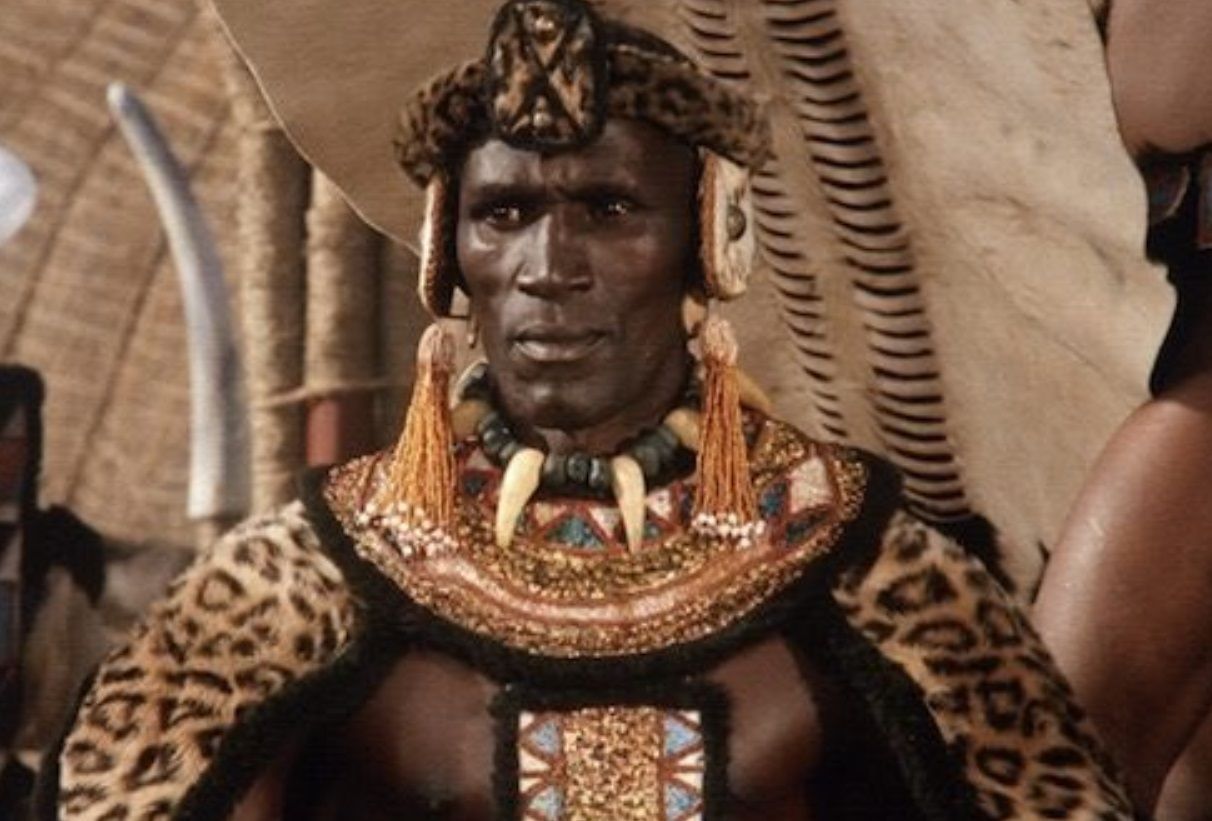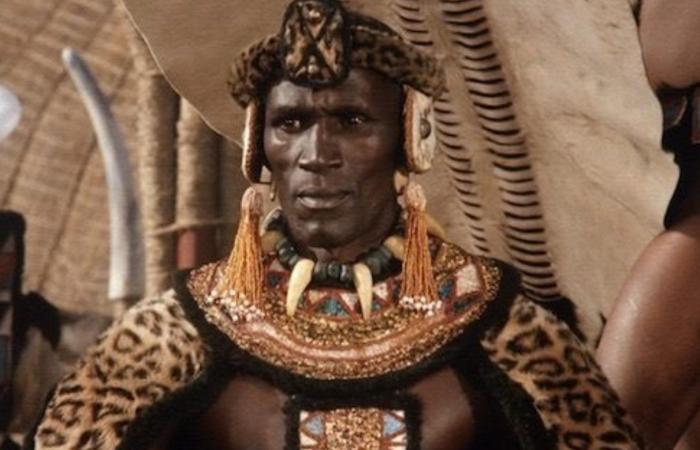November 2 is a day rich in symbolism for the history of Africa and its diaspora. From the enthronement of Haile Selassie I in Ethiopia, becoming a spiritual and political emblem, to the signing of a peace treaty in the Tigray War, this date testifies to the resilience of a continent. From Henry Cele playing Shaka Zulu to Nelly and Toni Stone, figures of African-American culture and sport, this day is a vibrant tribute to African struggles and victories.
Notable events
November 2, 1930: Haile Selassie I, the “King of Kings” of Ethiopia
November 2, 1930, Haile Selassie I is sacred out of sight (“King of Kings”) of Ethiopia during a majestic ceremony in Addis Ababa. His real name Tafari Makonnen, he became one of the most emblematic sovereigns of Africa, embodying an ideal of independence in a continent dominated by colonialism. At the time, Ethiopia was one of the few African states that had never been fully colonized, reinforcing its status as a symbol of African pride and sovereignty. Haile Selassie transforms this imperial title into a source of inspiration, particularly for the Rastafari movement which sees in him a messianic figure.
The current rastafaria spiritual movement born in Jamaica, considers Selassie as the “ Conquering Lion of the tribe of Judah », an African savior descended from King Solomon. This spiritual link between Ethiopia and Jamaica transcends borders, uniting Afro-descendants around the quest for identity and liberation. Selassie, despite the challenges of his reign, remains in collective memory as a symbol of resistance and ascension for Africa and its diaspora.
November 2, 1983: Thriller by Michael Jackson, an involuntary homage to the Day of the Dead
In full celebration of Day of the Dead and only two days after Halloween, Michael Jackson releases the emblematic music video for its title “ Thriller“, November 2, 1983. This clip, which mixes horror and dance, becomes a global phenomenon, redefining pop culture standards and revolutionizing the music industry.
The choice of release date, whether accidental or intentional, creates a spiritual connection with ancestral African and Afro-diasporic traditions of veneration of the dead, recalling the festivities of ancestors and collective memory. “ Thriller » is much more than a musical success; it embodies the fusion of styles and cultural influences that characterize the modern Afro-diasporic experience.
November 2, 2022: Signing of the Tigray War peace treaty in Ethiopia

Two years after the start of the conflict, the Ethiopian government and the Tigrayan forces signed a peace treaty on November 2, 2022. This war, devastating for the Ethiopian people, has complex roots mixing ethnic, geopolitical rivalries and power struggles. The signing of this treaty marks a glimmer of hope for a country which, for decades, has oscillated between peace and civil war.
The Tigray conflict reveals the fragility of modern African states, heirs to borders drawn during colonization, often without regard for ethnic and cultural realities. By turning to peace, Ethiopia is sending a message to the entire world: reconciliation is possible, even in the most torn contexts. This treaty symbolizes a desire to reconcile the wounds of a painful past with the hope of a unified future.
Emblematic figures
Henry Cele, the embodiment of the Zulu spirit on screen

Henry Cele was born on January 30, 1949 in Durban, South Africa, and his life took a remarkable turn when he played Shaka Zulu, the legendary king and warrior, in the 1980s television series. Known for his imposing stature and charismatic presence, Cele pays homage to Shaka’s legacyhistorical figure of Zulu resistance against the British colonists. The series, broadcast in several countries, inspires a new generation of Africans and descendants of the diaspora, offering a rare portrait of pre-colonial Africa from a heroic perspective.
Cele’s role goes far beyond mere performance: he brings African emancipation struggles to life, embodying a vision of Africa as a dignified and powerful continent. Until his death November 2, 2007Cele continues to represent this symbol of Zulu strength and pride. Today, his interpretation of Shaka Zulu remains engraved in the collective African memory and recalls the grandeur of an often overlooked story.
Nelly, the voice of a generation

Nor November 2, 1974Nelly, whose real name is Cornell Iral Haynes Jr., embodies the rise of commercial hip-hop that transcends American borders. With hits like “ Hot in Herre » et « Dilemma », he became one of the most emblematic artists of the 2000s, winning several Grammy Awards. As an African-American artist, Nelly navigates an often critical musical universe and reflects the social realities of a youth marked by persistent inequalities.
Nelly also uses her popularity to support humanitarian and entrepreneurial causes, notably through her clothing line and her involvement in charity. His influence extends far beyond music, as he redefines the place of African Americans in the entertainment industry by appropriating a distinctive style that celebrates self-reliance and economic success.
Toni Stone, pioneer in professional baseball

Born July 17, 1921 in Saint Paul, Minnesota, Toni Stone broke gender and racial barriers by becoming the first woman to play professional baseball in the Negro Leagueswith the Indianapolis Clowns. At a time when sport remains largely dominated by men, she stands out as a determined and tenacious athlete, defying the norms and expectations of her time. Despite the criticism and mockery, Stone is driven by an indomitable passion for the game.
Her journey inspires generations of black women and girls aspiring to a career in sports. His tenacity reminds us that talent and courage can transcend social barriers. Died on November 2 1996Toni Stone is celebrated not only as a trailblazer, but as a figure of resilience in the world of African-American sports.
References
- Bender, G. J. « Rastafari Movement: Origins and Spiritual Symbolism« . University of the West Indies Press, 1996.
- Kebbede, G. « Ethiopia: A History of Peace and War« . Oxford University Press, 2015.
- Barrett, L. « Negro Leagues and Toni Stone’s Impact on Baseball History« . Baseball Studies Journal, 2002.
- Coombes, A. « The Legacy of Shaka Zulu in African Cinema« . African Cultural Review, 1987.







